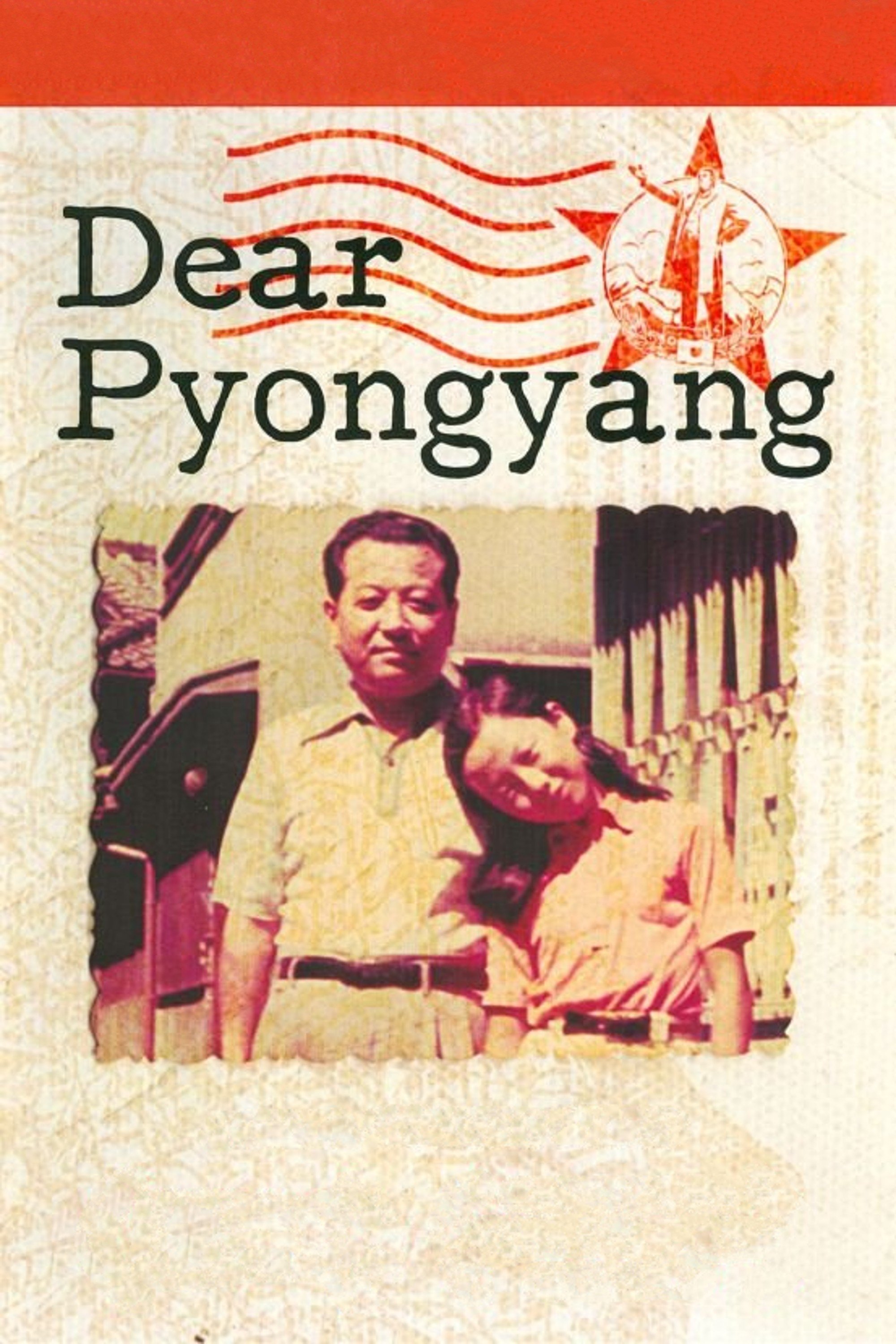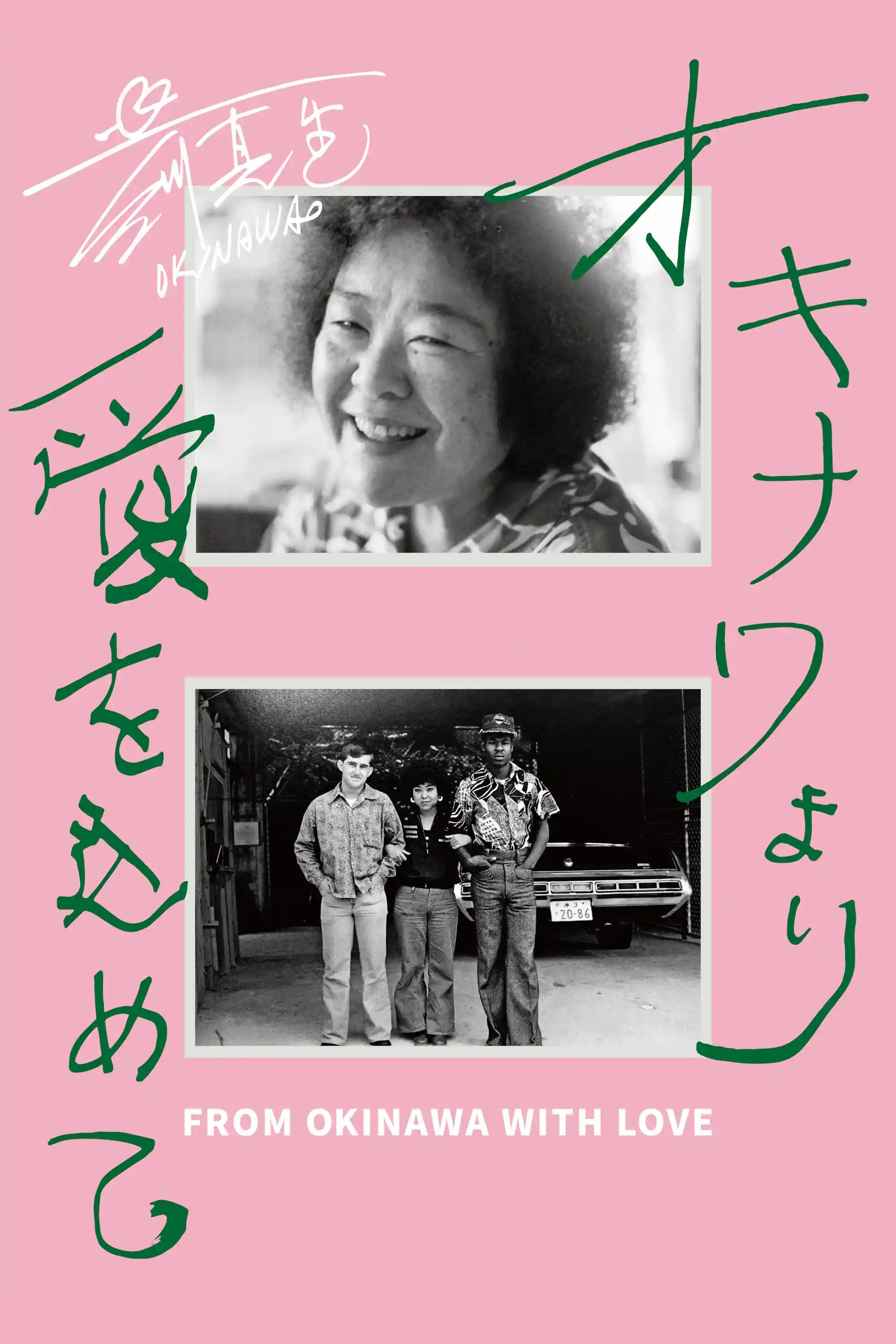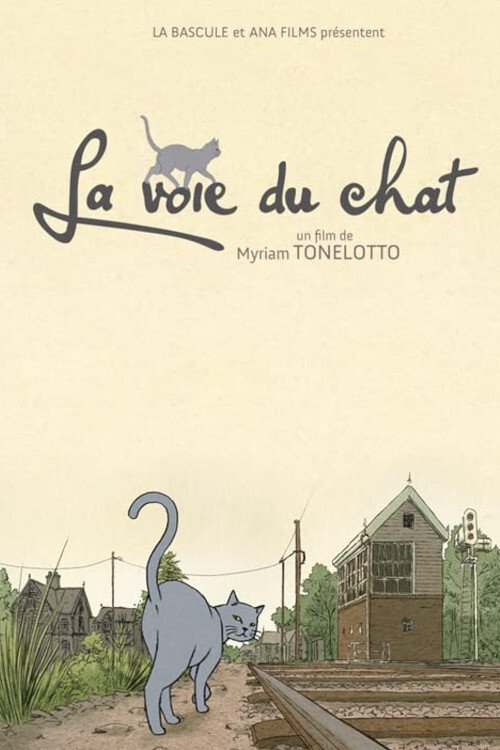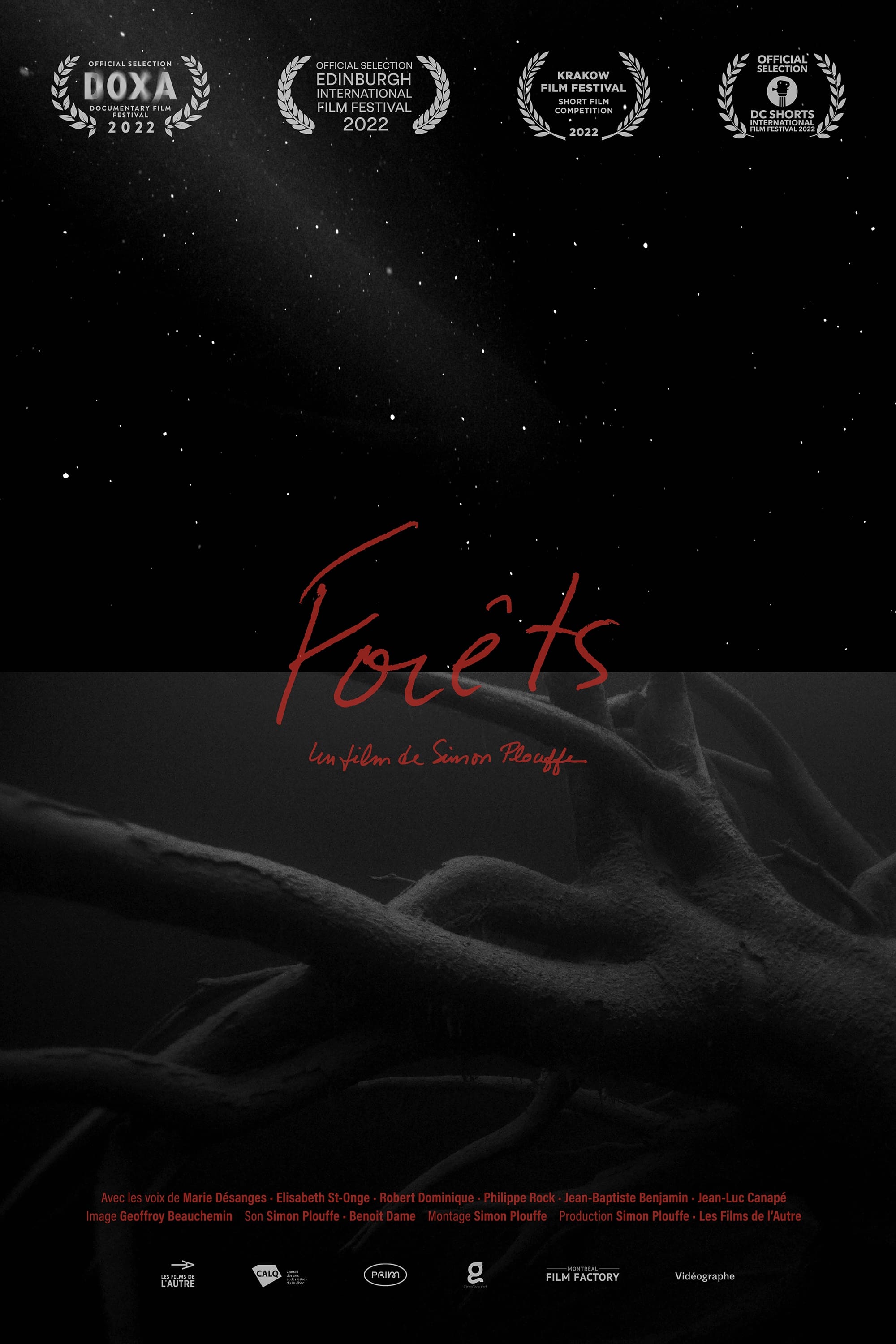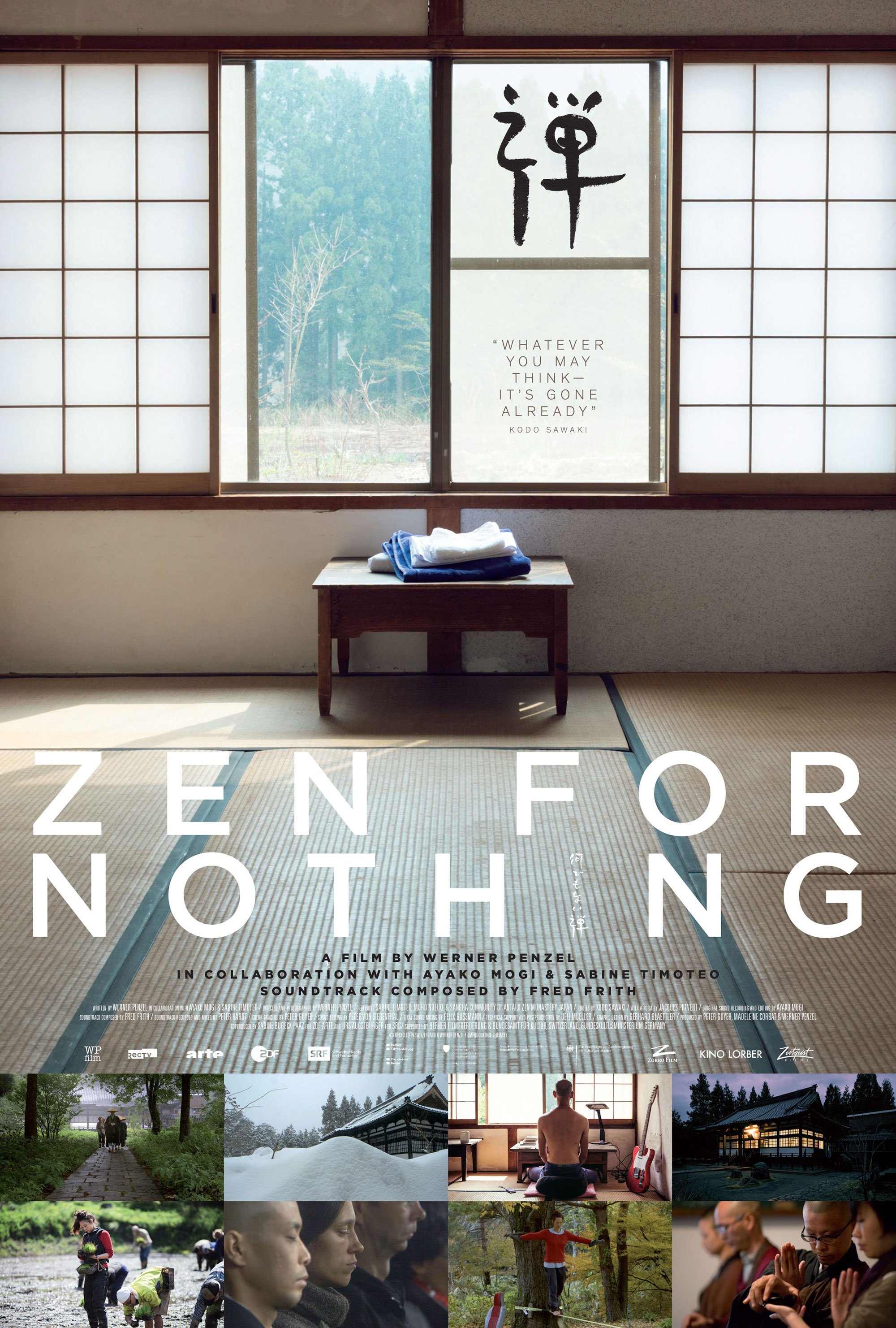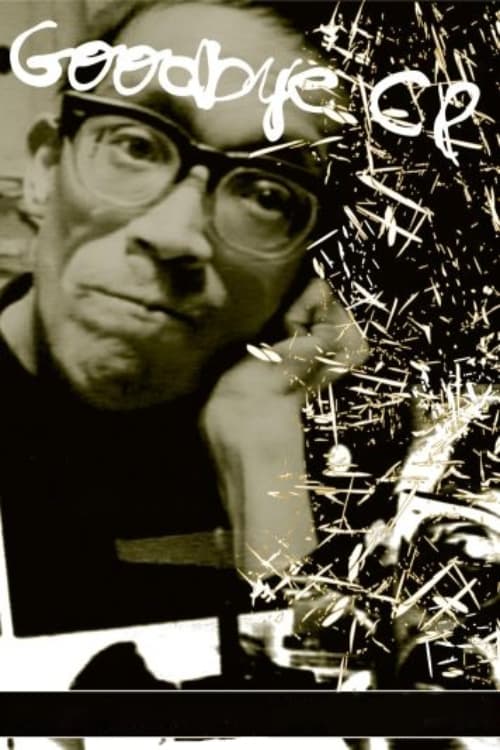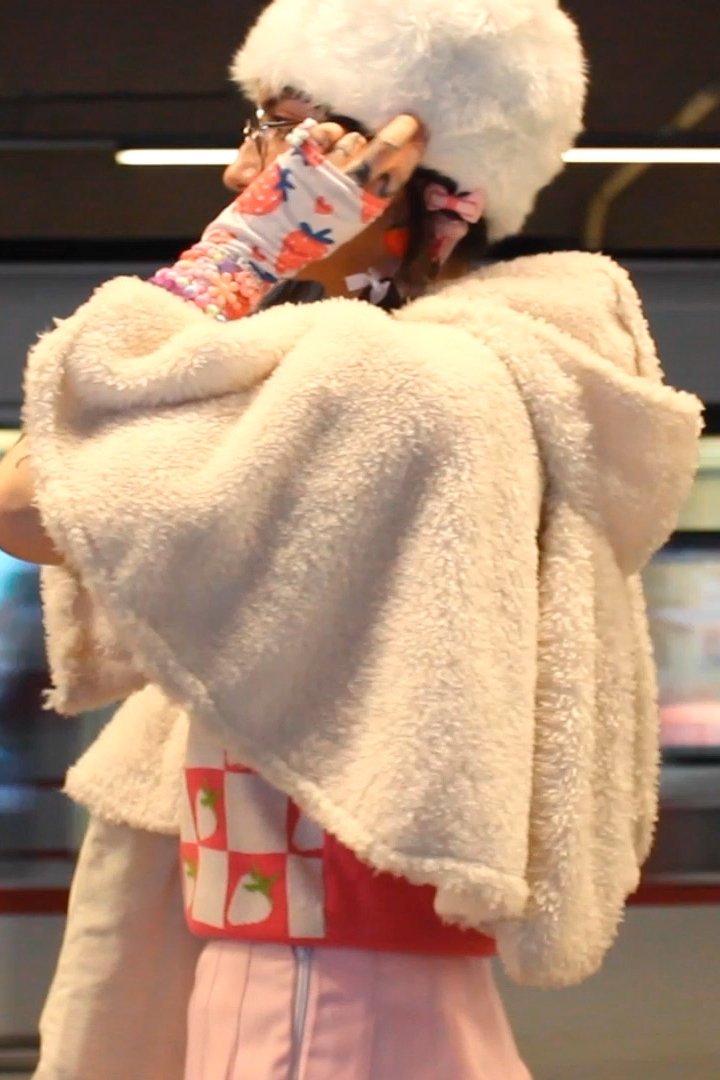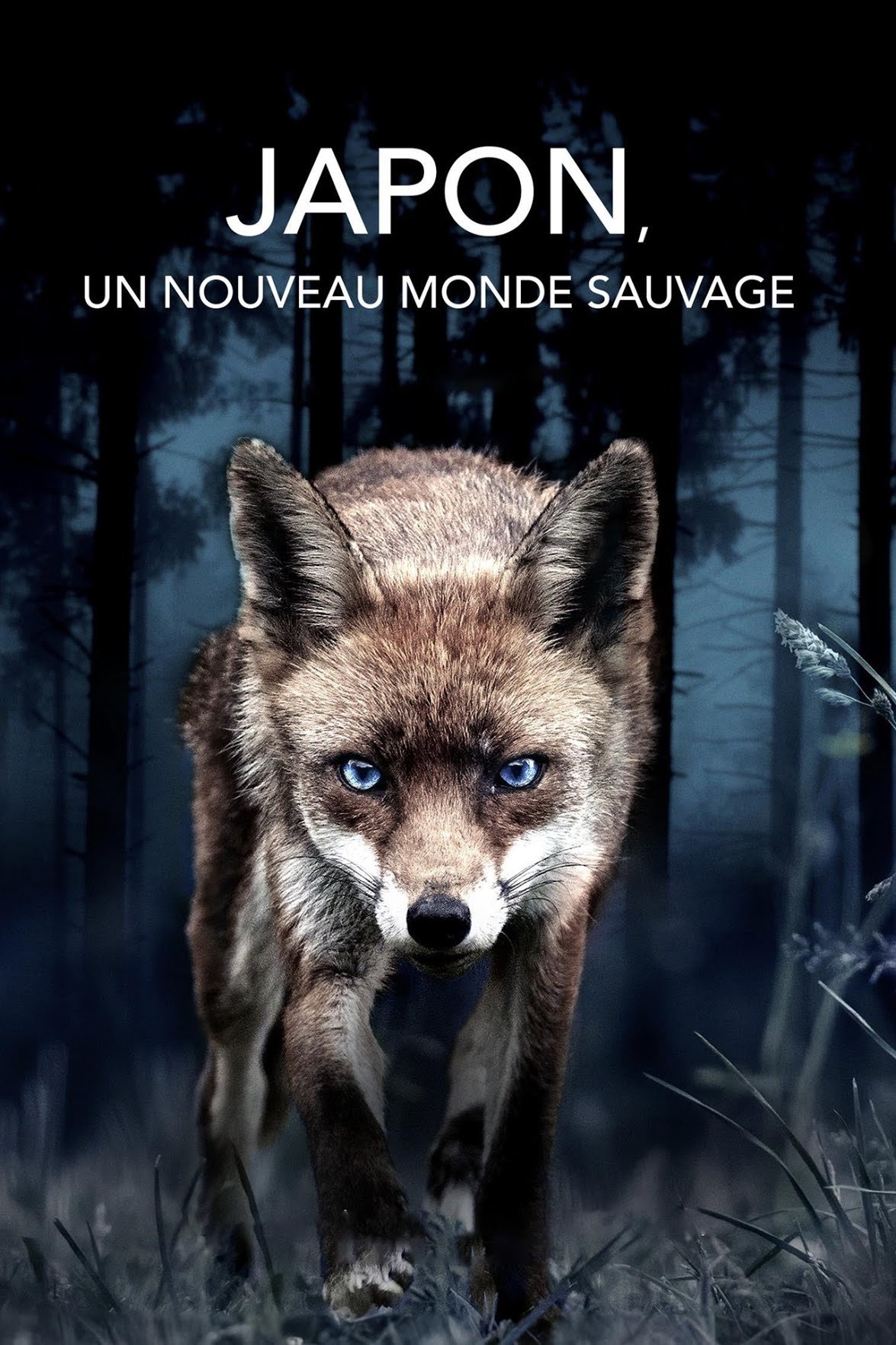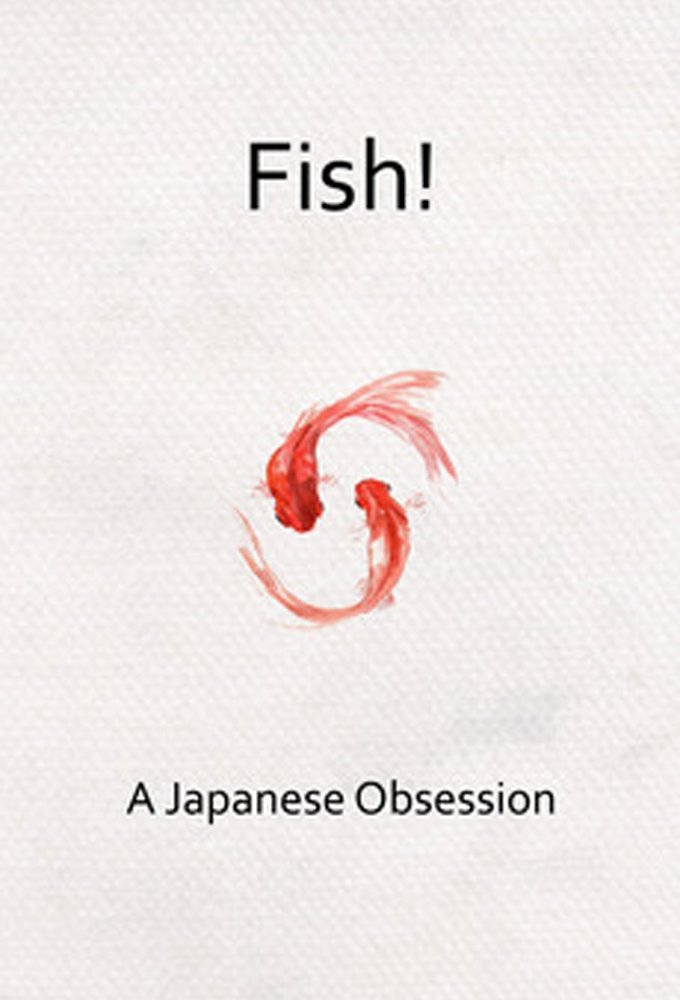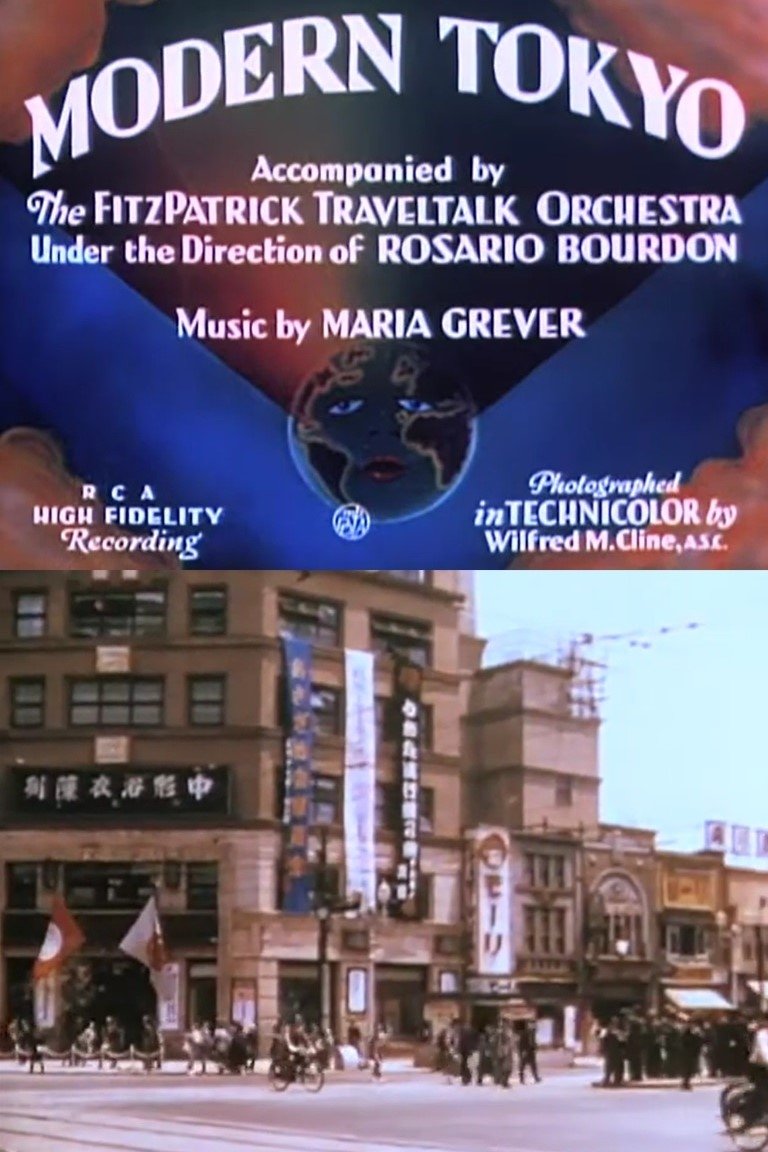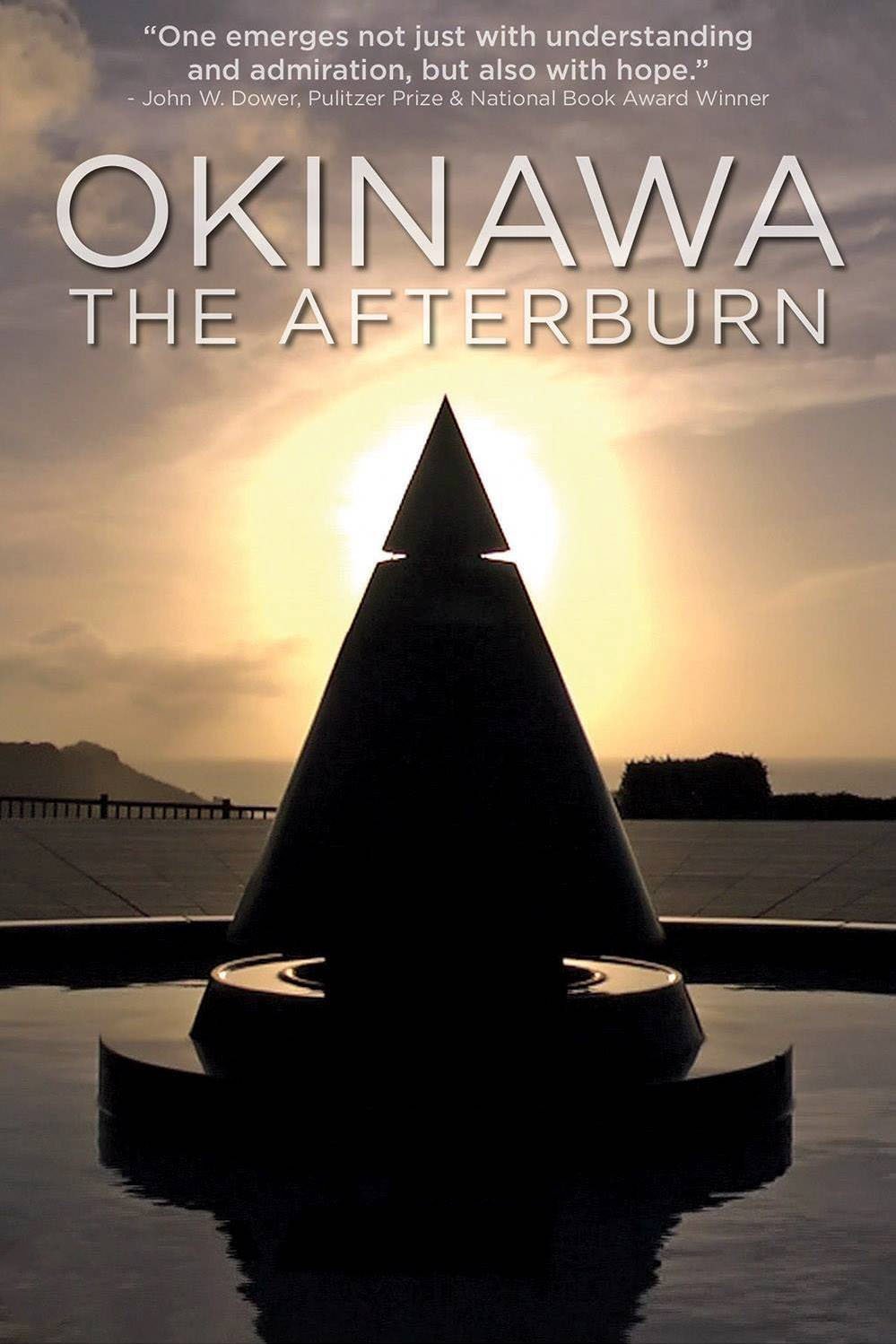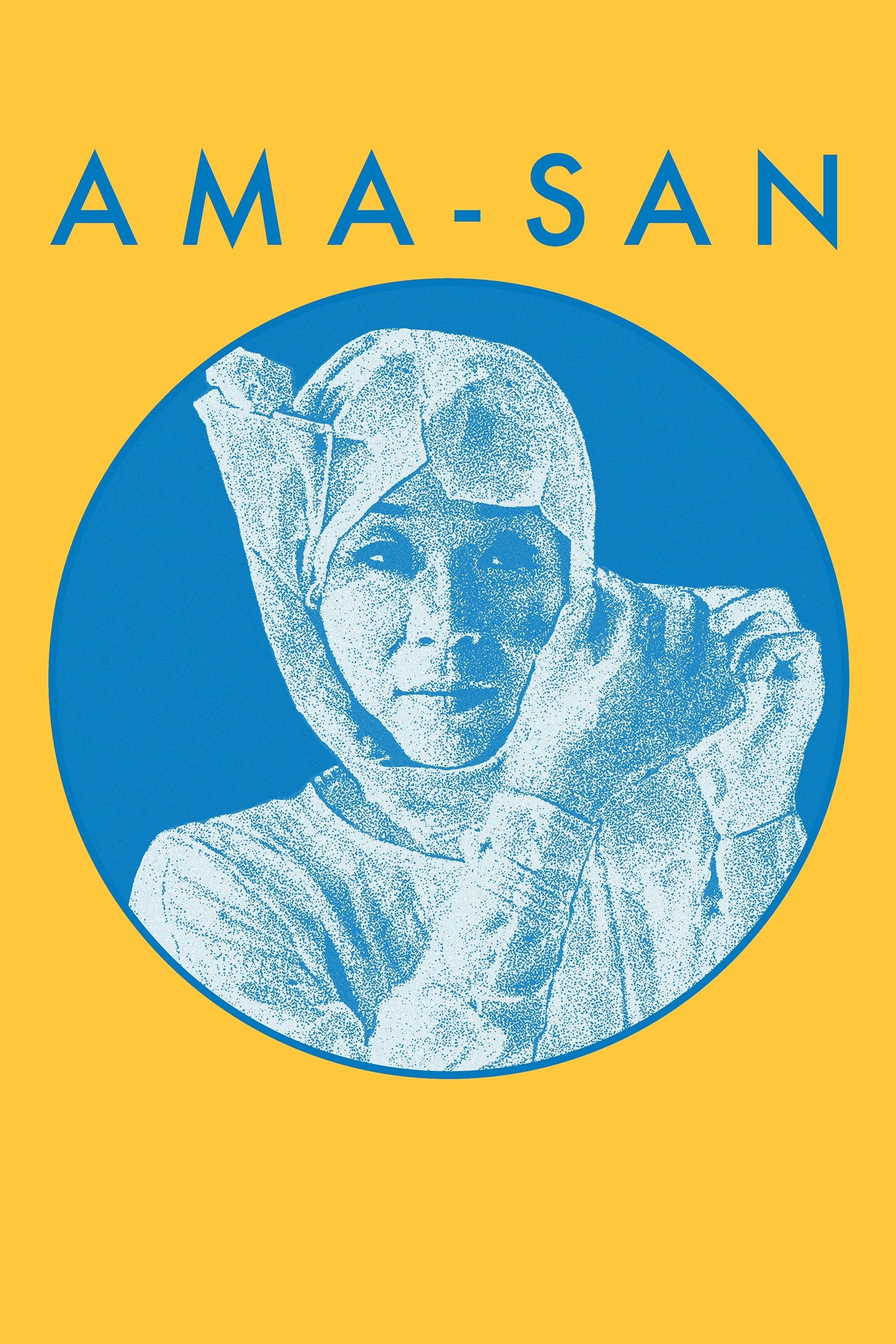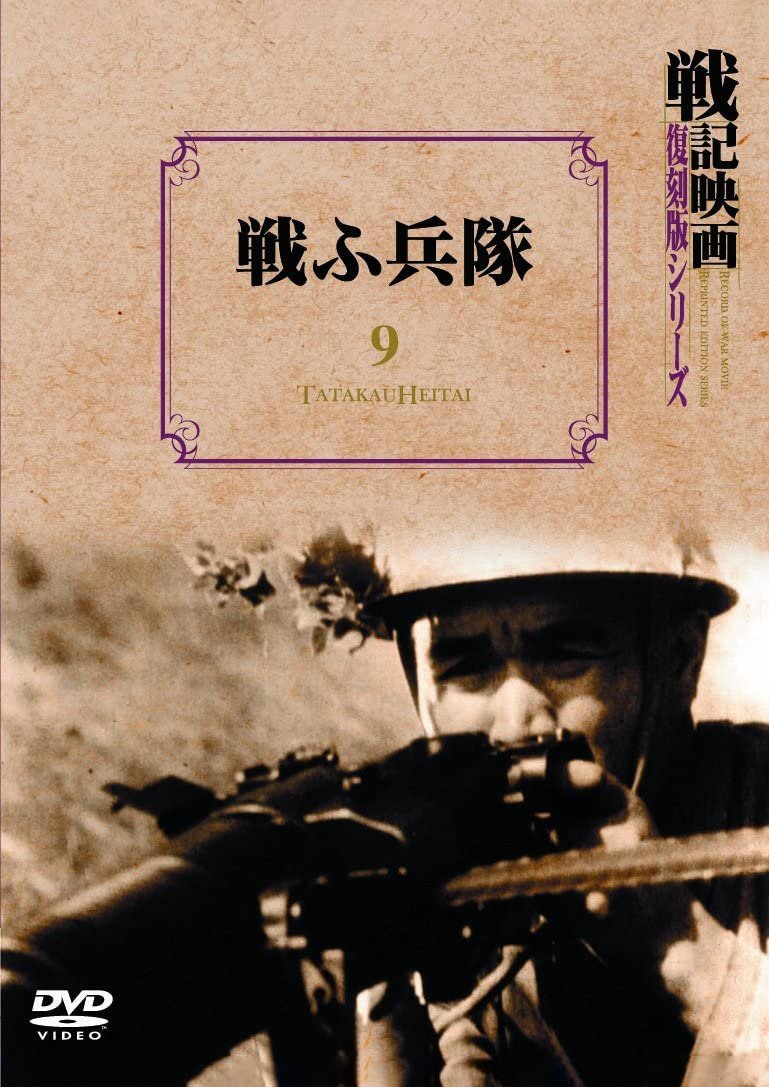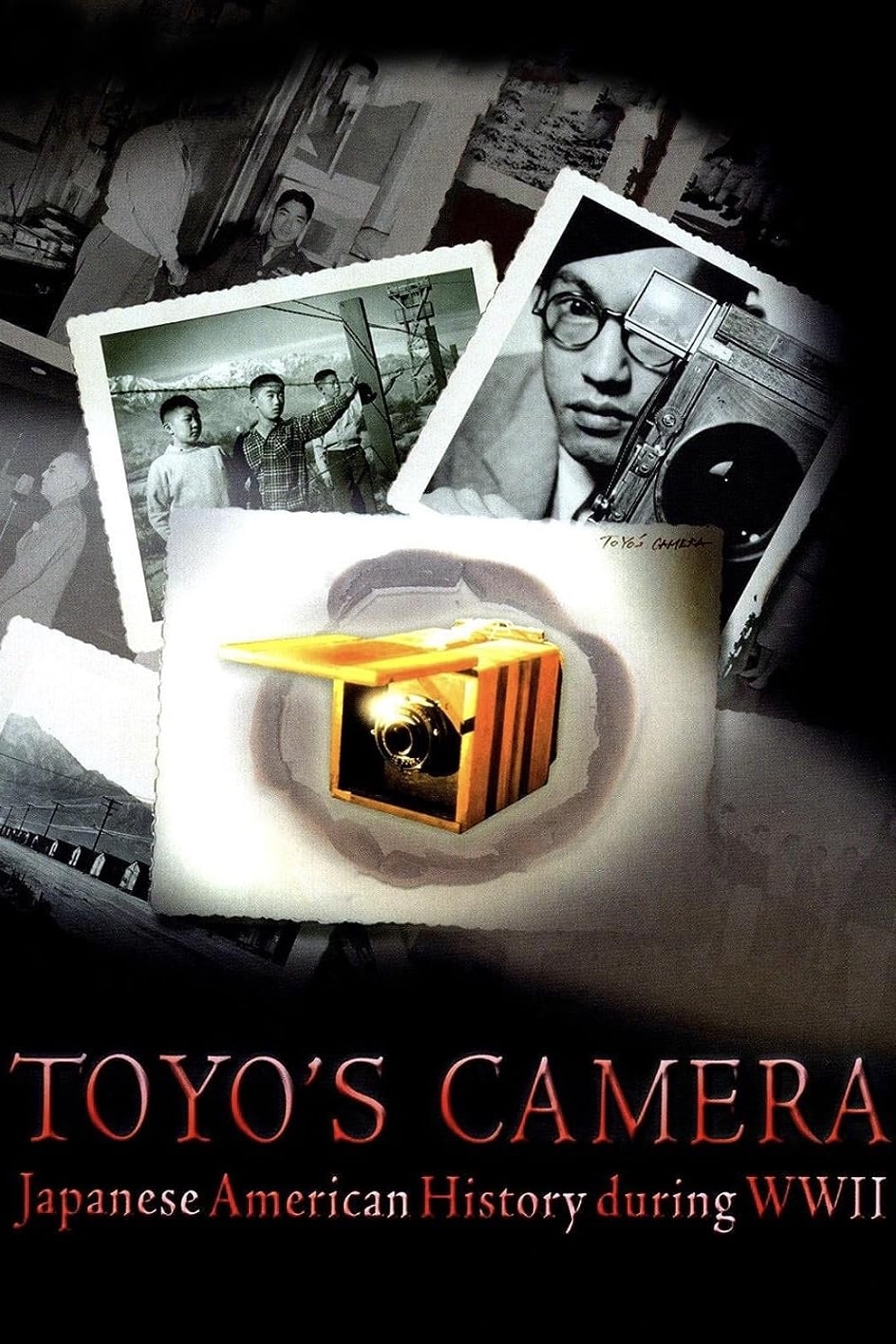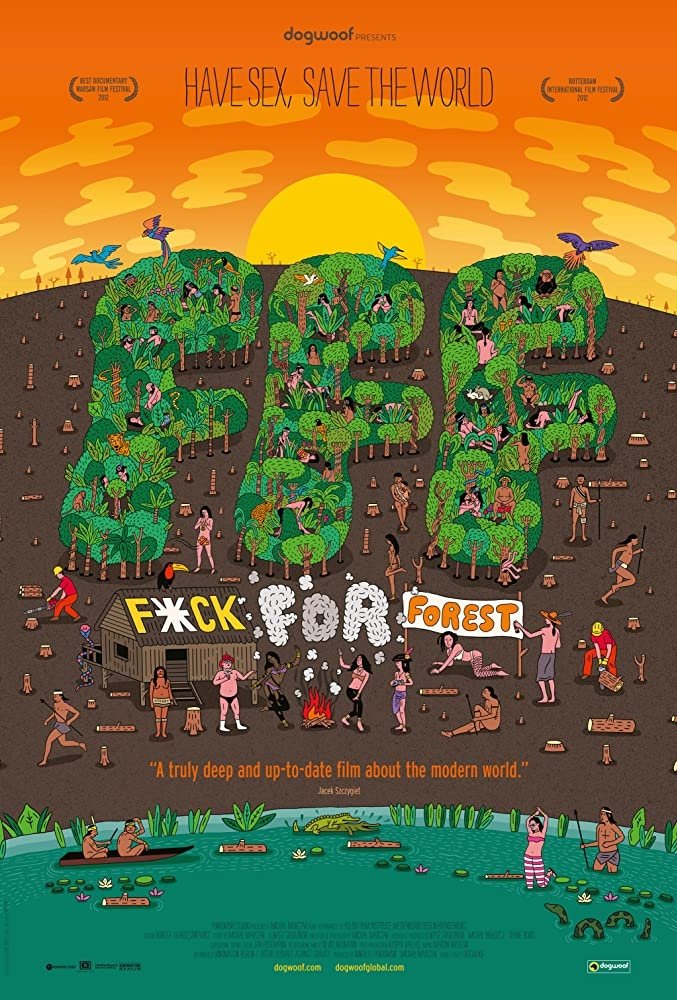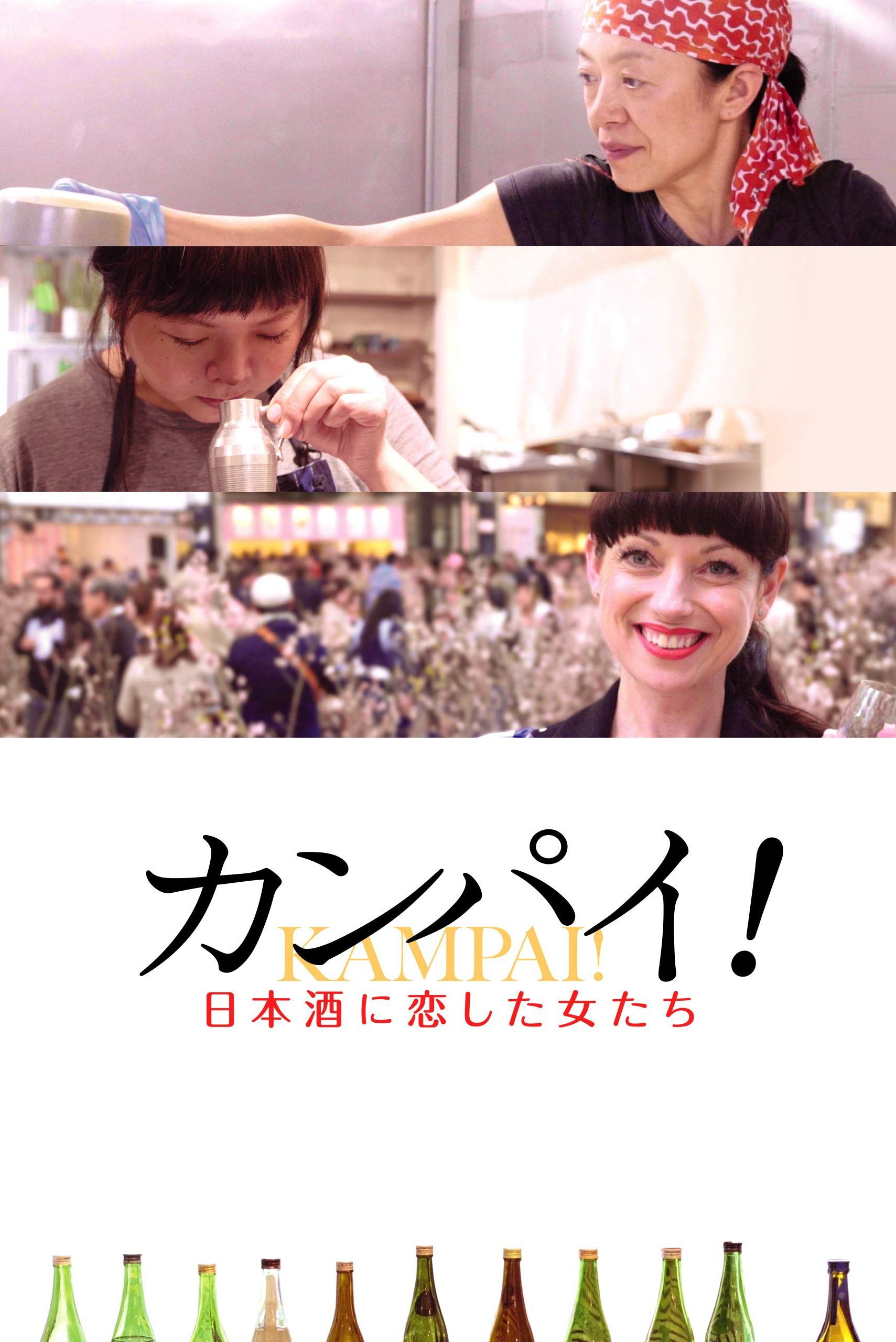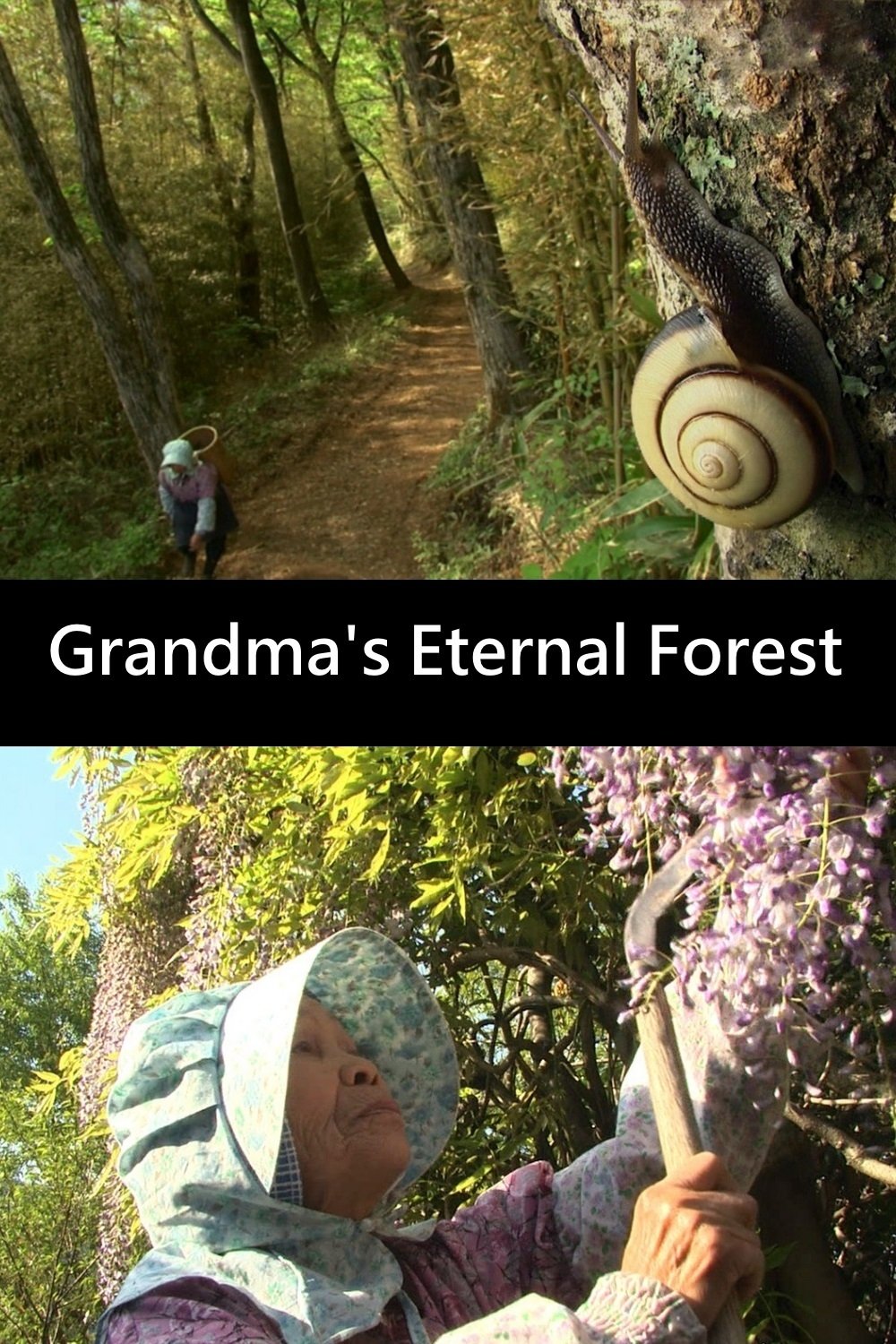
Grandma's Eternal Forest (2013)
Overview
A 49 minutes documentary on the footsteps of 87 years old "Grandma" Kuniko Shiiba, perpetuating a 4000 years traditional and sustainable form of agriculture. Shohei SHIBATA followed her a whole year through the forest and its medicinal plants, fire spirits and mountains.
Production Companies
Additional Info
| Budget | $0.00 |
|---|---|
| Revenue | $0.00 |
| Original Language | ja |
| Popularity | 0.0858 |
Directed By
Shohei Shibata
TOP CAST
Similar Movies
Ah-So Graham Norton
This one-off TV special follows the exploits of camp comic Graham Norton on a visit to Tokyo. Staying with a Japanese family, he explores the city's seedy side, visits the home of a famous Japanese make-up artist, and has an embarrassing experience with an electronic toilet/bidet.
Dear Pyongyang
Dear Pyongyang is a documentary film by Zainichi Korean director Yang Yong-hi (Korean: 양영희, Hanja: 梁英姬) about her own family. It was shot in Osaka Japan (Yang's hometown) and Pyongyang, North Korea, In the 1970s, Yang's father, an ardent communist and leader of the pro-North movement in Japan, sent his three sons from Japan to North Korea under a repatriation campaign sponsored by ethnic activist organisation and de facto North Korean embassy Chongryon; as the only daughter, Yang herself remained in Japan. However, as the economic situation in the North deteriorated, the brothers became increasingly dependent for survival on the care packages sent by their parents. The film shows Yang's visits to her brothers in Pyongyang, as well as conversations with her father about his ideological faith and his regrets over breaking up his family.
The Message from Fukushima
Short documentary about the aftermath of the Fukushima nuclear disaster.
From Okinawa with Love
An Okinawan photographer, Mao Ishikawa spent her early 20s working as a barmaid in establishments catered specifically to African American GIs stationed in Okinawa. “There was love,” as the tagline reads, her photography book, 『Red Flower – The Women of Okinawa』 captured the diaristic intimacy of friendships, love affairs, and wild nights shared amongst her social circle of that time.
The Cat Way
A documentary about Tama, a female calico cat who gained fame for being a station master and operating officer at Kishi Station on the Kishigawa Line in Kinokawa, Wakayama, Japan.
Forests
In a dark, ambiguous environment, minuscule particles drift slowly before the lens. The image focuses to reveal spruce trees and tall pines, while Innu voices tell us the story of this territory, this flooded forest. Muffled percussive sounds gradually become louder, suggesting the presence of a hydroelectric dam. The submerged trees gradually transform into firebrands as whispers bring back the stories of this forest.
Zen for Nothing
Hidden in the wooded mountains on the west coast of Japan lies the small Zen monastery Antaiji. A young woman sets off to immerse herself through autumn, winter and spring in the adventures of monastic life. The young woman is Sabine Timoteo from Switzerland. The abbot of the monastery is Muho Noelke, born in Berlin. An interplay between the philosophy of the Japanese Zen master Kodo Sawaki and the surprises brought forth by everyday life.
Goodbye CP
Kazuo Hara follows the lives and activities of Yokota Hiroshi and Yokozuka Koichi, members of an activist group made up of people with cerebral palsy.
ID: Harajuku
A group of people seek their identity and a way of personal expression through "Harajuku", a rising Japanese fashion in Santiago de Chile.
Tsukiji Wonderland
Through the lives of professionals working at Tsukiji Fish Market in Tokyo, the film portrays how Tsukiji has been the center of fish culinary culture and helped Japanese food culture to flourish as we know it today.
Fish! A Japanese Obsession
Charles Rangeley Wilson, author, journalist and BBC 2's Accidental Angler, travels to Japan to explore the Japanese people's passionate relationship to fish.
Modern Tokyo
This Traveltalk series short looks at pre-World War II Tokyo, highlighting the influences of Western culture.
Okinawa: The Afterburn
On April 1, 1945, the United States military launched its invasion of the main island of Okinawa, the start of a battle that was to last 12 weeks and claim the lives of some 240,000 people. This film depicts the Battle through the eyes of Japanese and American soldiers who fought each other on the same battlefield, along with Okinawa civilians who were swept up in the fighting. The film also depicts the history of discrimination and oppression forced upon Okinawa by the American and Japanese governments. Carrying up to the current controversy over the construction of a new base at Henoko, the film explores the root causes of the widespread disillusionment and anger expressed by many Okinawans. This ambitious documentary was directed by the American John Junkerman, long-term resident of Japan and Oscar-nominated documentary filmmaker. Okinawa: The Afterburn is a heartfelt plea for peace and an expression of deep respect for the unyielding spirit of the Okinawa people.
Born In Summer
A filmmaker plays with diary-docu and fiction as his camera joins his ventures into a phone dating club. Bored to death, hormones running, and desperately wanting to talk to someone his own age (preferably a girl), he walks into a local phone dating club. Can he hook up with someone? Borrowing the form of a diary-movie, the director unfurls an unpredictable and imaginative look into his own persona. 8mm experimental film by Murakami Kenji, the film that made his name.
Fighting Soldiers
Documentary of an Imperial Japanese Army regiment's advance from Shanghai to Wuhan in 1938. This film was shelved before submission to Home Ministry censors amid rumors that Fumio was a Communist.
Toyo's Camera
Even though bringing in cameras to the internment camps was prohibited, one man managed to smuggle in his own camera lens and build a camera to document life behind barbed wires, with the help of other craftsmen in the camp. That man was Toyo Miyatake, a successful issei (first generation immigrant) photographer and owner of a photo-shop in the Los Angeles Little Tokyo district, and of one of the many Americans who was interned with his family against his will. With his makeshift camera, Miyatake captured the dire conditions of life in the camps during World War II as well as the resilient spirit of his companions, many of whom were American citizens who went on to fight for their country overseas. Miyatake said, "It is my duty to record the facts, as a photographer, so that this kind of thing should never happen again."
Fuck for Forest
A film on the world's most bizarre charity: based on the idea that sex can change the world, the NGO raises money for their environmental cause by selling home-made erotic films on the internet.
Kampai! Sake Sisters
Sake is a traditional alcoholic beverage from Japan and is otherwise known as rice wine. Women were prohibited from entering the many large and small sake breweries dotting Japan for centuries. However, times have changed and women are present on the sake scene today. In several cases, they are integral to the Japanese brewery business. The documentary depicts women who are not only enthusiasts, but also leaving their marks on the evolution of this Japanese mainstay.

